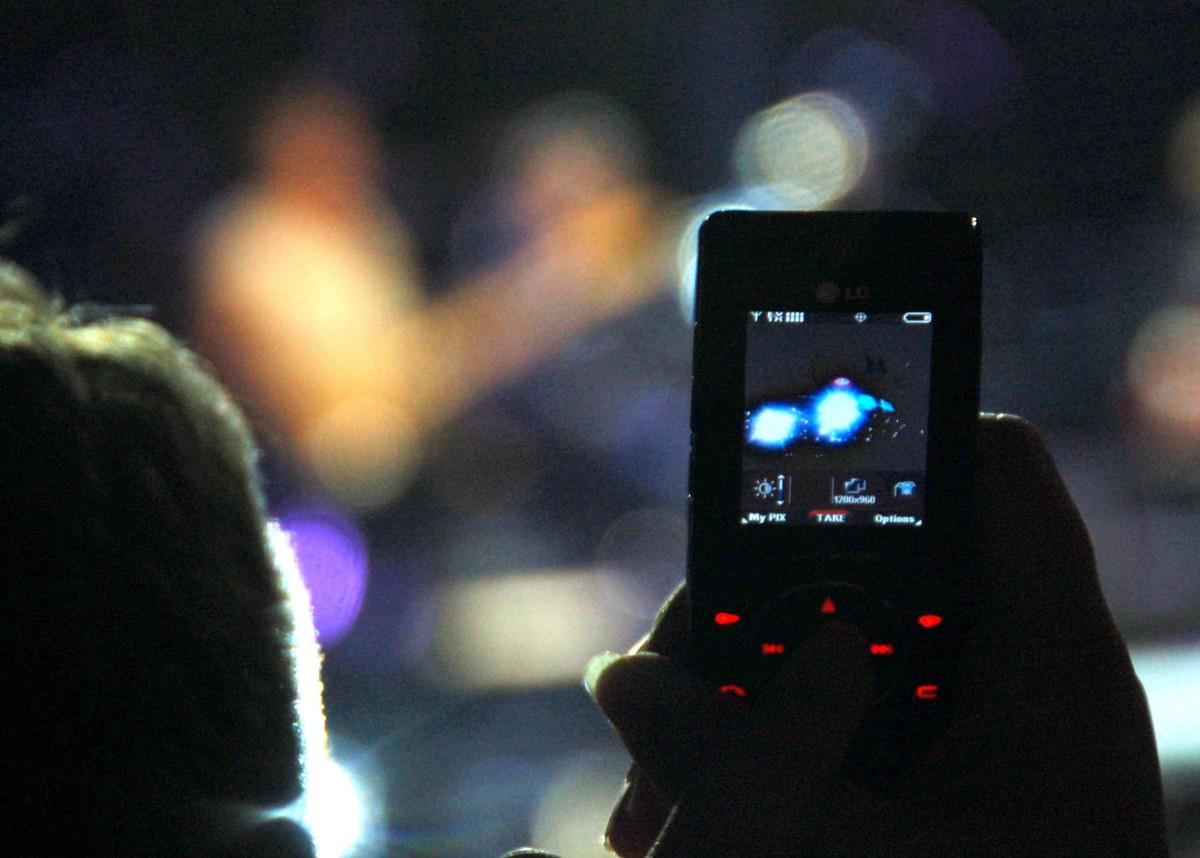A Baltimore case is at the center of a debate over cellphone records and privacy that could be heading for the U.S. Supreme Court.
At issue in United States v. Graham is whether police need to obtain a warrant to access a suspects’ cellphone records that include information about the location where the call was placed. In the case, Baltimore police got a pair of court orders to look at past Sprint/Nextel cellphone records for serial robbery suspects Aaron Graham and Eric Jordan. One order was for 14 days, while another was for 221 days’ worth of data.
The question is whether our cellphones are going to be incredible personal computing and communications tools that we all carry around with us, or whether they're just high-priced government tracking devices that we all pay for.
“As it turns out, the [cell-site location information] records did reveal an impressive 29,659 location data points for Graham and 28,410 for Jordan, amounting to well over 100 data points for each Appellant per day on average,” Judge Andre Davis wrote. “This quantum of data is substantial enough to provide a reasonably detailed account of Appellants’ movements during the 221-day time period, including movements to and from the cell-site sectors in which their homes were located.”
The records were eventually used to convict the suspects in a string of six armed robberies.
Last week, a federal appeals court ruled that police needed to obtain a warrant to get the records, rather than simply a court order that has fewer privacy restrictions.
“Appellants argue that the government violated the Fourth Amendment in seeking and inspecting the [cellphone records] at issue here without a warrant based on probable cause. We agree,” Judge Davis wrote in the majority opinion for the U.S. Fourth Circuit Court of Appeals, which is based in Richmond, Va.
The case is being framed as a flashpoint in the debate over how far privacy protections provided by the U.S. Constitution extend in the digital age.
https://twitter.com/OrinKerr/status/629044393304047617
“The question is whether our cellphones are going to be incredible personal computing and communications tools that we all carry around with us, or whether they’re just high-priced government tracking devices that we all pay for,” said ACLU of Maryland Staff Attorney David Rocah. “Last week’s decision comes down squarely in the former camp.”
However, there is discord among the robes. The vote in the Graham case was 2-1, signifying a split. And judges from the 5th and 11th circuit courts ruled in favor of the government, saying that a warrant was not needed. After the circuit courts, the next stop on the American judiciary tour is the U.S. Supreme Court.
In the dissenting opinion for the Baltimore case, Judge Diana Gribbon Motz accused the judges of “endeavoring to beat the Supreme Court to the punch,” which sounds a lot like an open challenge for the highest court in the land to take up the case. The court has ruled that police are required to get a warrant to search cellphones, but the requirements to search large volumes of location records would be another case altogether. The American Civil Liberties Union has already filed a brief challenging one of the cases before the highest court in the land, but the justices have yet to vote on whether to hear it.
Police departments typically pay cellphone companies for the records to get the data, which is known as CSLI. In the rulings that said a warrant was not necessary, judges reasoned that the data was a business record.
In the Graham case, the government argued that signing Sprint/Nextel’s privacy policy effectively meant that defendants signed over the records to the company. But the court ruled that the privacy policy merely gives the company the right to collect the data, rather than collect it and give it to the government.
The court also adds that “studies have shown that users of electronic communications services often do not read or understand their providers’ privacy policies.”
Last week’s ruling also provides some clarity to local laws, Rocah said. As a result of legislation passed in 2014, Maryland statute now requires police to get a warrant before obtaining cellphone data for real-time tracking, but was silent on the question of whether a warrant was needed for historical records.







